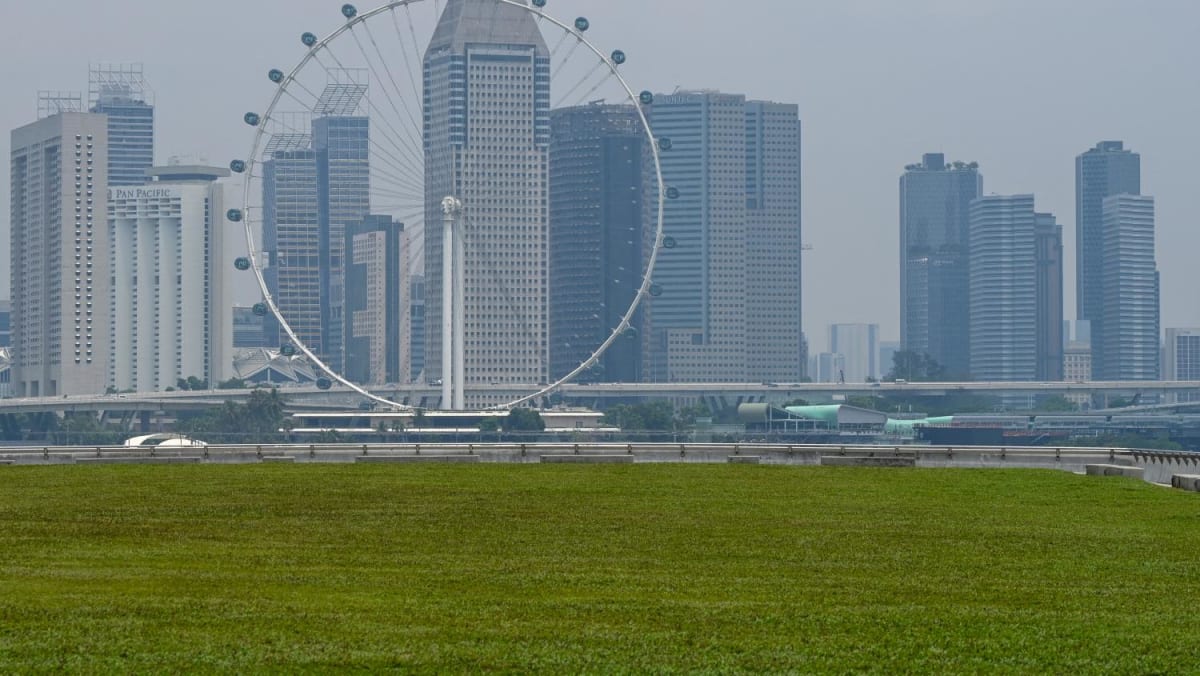
SINGAPORE — The air quality in Singapore could enter the unhealthy range this weekend if forest fires persist in Indonesia, coupled with unfavourable wind direction, said the National Environment Agency (NEA) on Friday (Oct 6).
The agency noted a “significant increase” in the number of hotspots in Sumatra, with 212 detected on Friday compared with 65 on Thursday and 15 on Wednesday.
“Smoke plumes and haze were observed from satellite imagery over southern and central Sumatra. A brief shift in the wind direction this afternoon, from southeasterly to southerly, blew some of the lighter haze toward Singapore and caused a deterioration in air quality,” it said in a media release.
“There is a likelihood of haze affecting Singapore over the coming weekend if the fires persist and winds direction is unfavourable.”
The 1-hour PM2.5 levels in the southern and eastern parts of Singapore entered elevated levels — above 55 ug/m3 — on Friday afternoon and remained elevated at 10pm.
Should the situation persist, NEA said the 24-hour Pollutant Standards Index (PSI) could enter the unhealthy range of more than 100 over the weekend.
The agency added that it will begin providing daily haze advisories from Saturday evening.
The daily haze advisory will include the 24-hour PSI forecast, which can be used by the public in planning their activities and events for the next 24 hours.
“Advisories have earlier been issued to various sectors including healthcare institutions, preschools, schools and workplaces to remind them to take appropriate haze management measures should the 24-hour PSI enter the unhealthy range, especially to protect more vulnerable groups,” said NEA. CNA
For more reports like this, visit cna.asia.